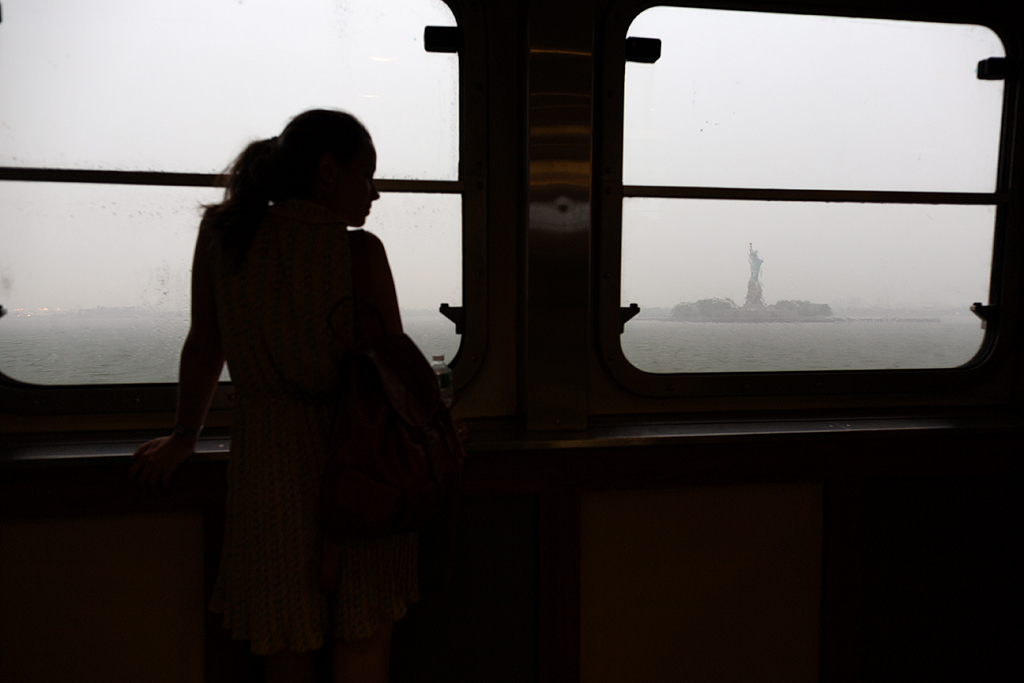My book Paradise Lust: Searching for the Garden of Eden is a history of people who have searched for the Garden of Eden on Earth. This seems like a project with the perfect excuse to travel to all sorts of exotic locales, but it started out as a way to get inside someone’s head. According to family rumor, my great-uncle, an allergist and university professor who died before I was born, had planned to travel to the Garden of Eden, by plane, in the 1950s. My great-uncle, apparently, was a believer both in science and in the literal truth of the Bible. But how could he hold conflicting ideas in his mind at once? If I could figure out where he thought Eden was, maybe I could get closer to understanding this.
If Eden was in Africa, maybe he was taking the Genesis story as a metaphor for actual human origins. If it was in Jerusalem, he was far more religious than I’d thought. It won’t spoil the book to tell you: I never did figure out where my great-uncle’s Eden was. Instead, I got sidetracked in the vast terrain of the Columbia University library system, where I unearthed dozens of other Eden locations, most of them un-visitable.
There was the now-submerged island in the Mediterranean; the as-yet-unexplored North Pole of 1881; and the town in Southern Iraq where the Tree of Knowledge was broken by soldiers in 1919. But the Eden I found in a 1909 pamphlet by Reverend Landon West—the Serpent Mound earthwork that is now an Ohio state park—was still preserved for all to see, so I went.
A generous local librarian took me on a tour of Reverend West’s hometown. We saw one German Baptist church with a vast parking lot, and another which still had hitching posts for its parishioners’ horse-drawn carriages. The librarian said that the clopping of those horses’ hooves coming down the paved road on a Sunday morning was one of the most peaceful sounds he knew. We drove past the farm where West’s descendants still live. The librarian hadn’t received permission for us to visit, but I could see the peach trees outside, and I could tell how close the farm was to West’s church, and to his grave.
Details that fell outside of West’s lifetime were hard to fit into the book: his son Daniel became the founder of the Heifer Project charity, and his accomplishments no doubt helped preserve the memory of his father’s Garden of Eden. And at the Serpent Mound State Park’s tiny museum, infrared aerial photographs of the area show a circle of sharp, uneven ridges that looks like a time-lapse image of a pond just after a stone has been dropped in. Scientists have determined that the Brush Creek Valley was formed by a major explosive event 300 million years ago—maybe a large volcano, or a meteorite collision. The explosion brought together two types of bedrock, which formed two types of soil, sweet and acid, which grow different sets of trees—oak in acidic soil and cedar in sweet. Had West known this scientific fact, he undoubtedly would have incorporated it into his religious theory. It brings the Bible’s description of Eden’s flora—“every tree that is pleasant to the eye and good for food”—even closer to fruition.
Brook Wilensky-Lanford grew up on Mount Desert Island, Maine, received her MFA from Columbia University, and now lives in Jersey City. Her essays have appeared in Salon, Triple Canopy, Killing the Buddha, and The Exquisite Corpse. She is the author of Paradise Lust: Searching for the Garden of Eden.



